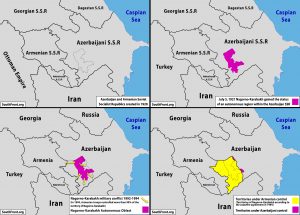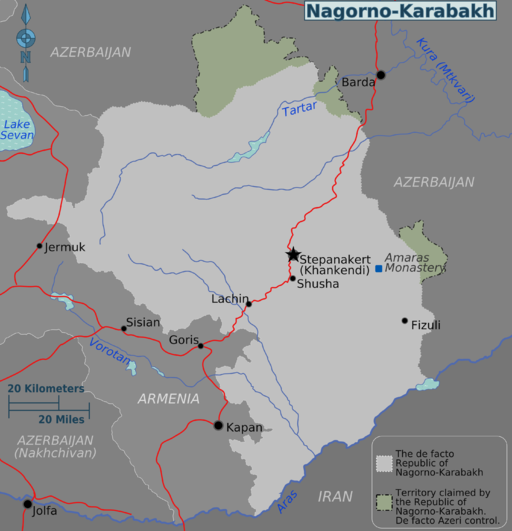A massive earthquakes has rocked Turkey and Syria and killed thousands of people. The disaster response to this earthquake has faced challenges, including governance of the relief efforts and legal requirements under international law. We explore the relief efforts in light of scholarship on best practices and legal obligations. Who is responsible for security in the disaster zone? How much are local actors prioritized versus those who have come to the region to provide relief? And what happens when the security capacity of the affected state is so devastated by the disaster itself? [ dur: 58mins. ]
- Andrea de Guttry is Professor of International Law at Scuola Superiore Sant’Anna (SSSA) in Pisa, Italy. He is the author of Foreign fighters under international law and International Disaster Response Law.
- Branda Nowell is Professor at the School of Public and International Affairs at NC State University. She is the author of Public Management in an Era of the Unprecedented: Dominant Institutional Logics as a Barrier to Organizational Sensemaking and The Structure of Effective Governance of Disaster Response Networks: Insights >From the Field.
- Nukhet Sandal is Associate Professor of Political Science and Associate Dean in the College of Arts & Sciences at Ohio University. She is the author of Religious populist parties, nationalism, and strategies of competition: the case of the AK Party in Turkey and Religious Leaders and Conflict Transformation. She is the Editor-in-Chief of the Oxford Research Encyclopedia of International Studies.
Earthquake Relief Organizations:
This program is produced by Ankine Aghassian, Doug Becker, Melissa Chiprin, Mihika Chechi, and Sudd Dongre.
Podcast: Play in new window | Download
Subscribe: RSS


